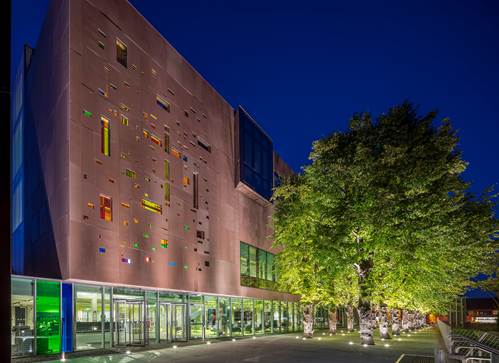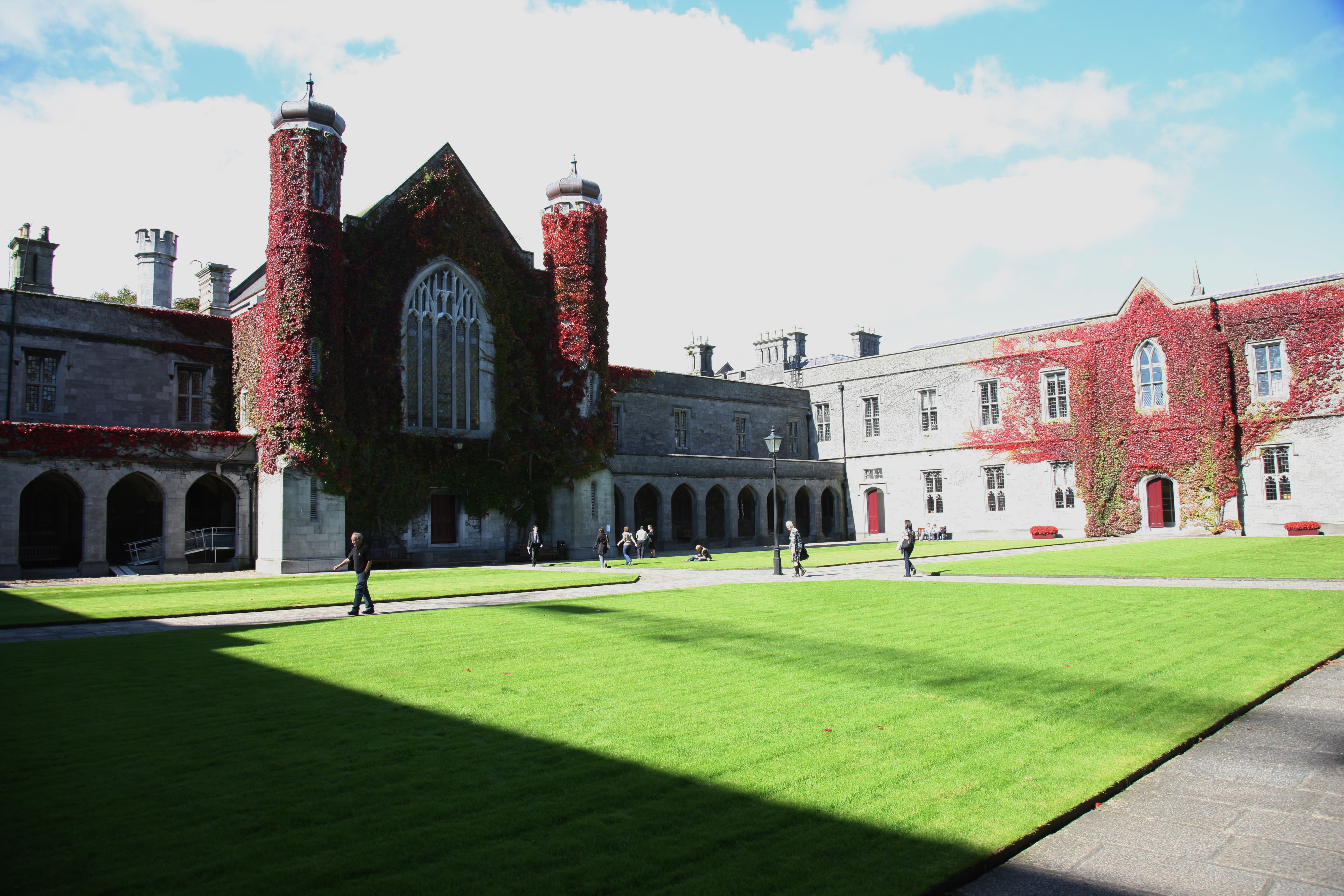Colleges and universities
Universities and colleges are major water users. Uisce Éireann is supporting these institutions to help lower water consumption and operating costs while protecting the environment.
Water conservation in education
Many of our educational institutions are pioneers when it comes to water conservation. A number of leading universities have taken part in Uisce Éireann's Water Stewardship Training. They have appointed Water Stewards to:
- implement innovative plans for water conservation
- install new water management technology
- launch awareness campaigns for staff and students
Save water and money on your campus
Understand how much water the campus uses and how it compares to other institutions. This can help identify waste through leaks or poor behaviour.
Identify water waste
Set a baseline
Detect leaks
Raise awareness
Procurement
Review bathrooms
Urinals
Sinks and taps
Toilets
Shower
Outdoor conservation
Rainwater harvesting
Landscaping
Water stewardship training programme
Uisce Éireann is running a water stewardship training programme in partnership with Central Solutions and the Lean & Green Skillnet. The programme supports colleges to lower their water consumption and reduce operating costs while protecting the environment.
Why register your college or university?
- Achieve international best practice certification. The programme is accredited by the European Water Stewardship Standards (EWS).
- Funded Programme by Uisce Éireann and the Lean & Green Skillnet with the support of Skillnet Ireland and the Department of Education and Skills.
- Reduce water consumption and operating costs at your site.
- Learn the key principles of water stewardship and the actions required to improve your environmental performance.


